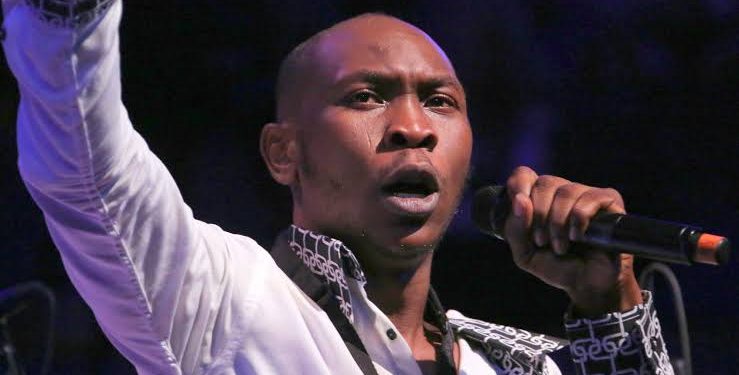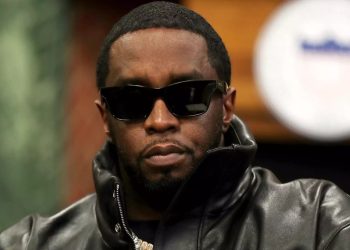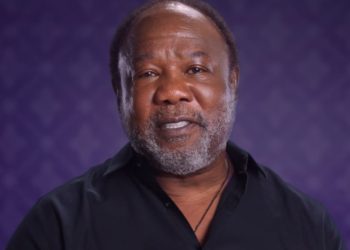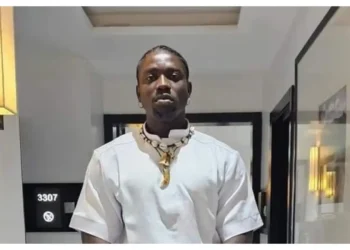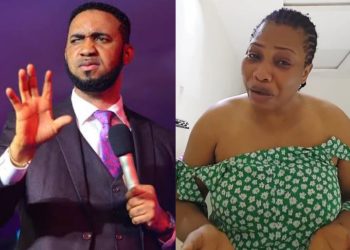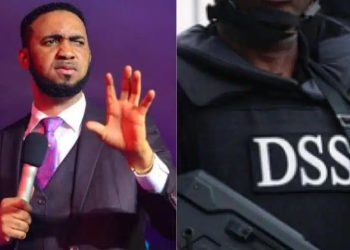Afrobeat singer and activist Seun Kuti has broken his silence on the passing of Nigeria’s former President Muhammadu Buhari, offering a deeply personal and emotionally charged reaction that has stirred conversations across social media.
Seun, the youngest son of the legendary Afrobeat pioneer Fela Anikulapo-Kuti, did not mince words in a recent Instagram broadcast where he described Buhari as a figure who caused unparalleled pain to his family. Speaking candidly, Seun accused the late former military and civilian leader of subjecting his father and uncles to unjust persecution, the scars of which he says still linger decades later.
“There’s nobody Buhari has offended and damaged like my family,” Seun stated in the now-viral video. “Buhari dealt with my family, but his death is not any type of justice or victory for my family.”
According to Seun, Buhari’s military rule in the 1980s left a traumatic legacy for the Kuti household. His father, Fela, a fearless critic of government oppression and corruption, was notoriously targeted by the Buhari regime. The late Afrobeat icon was arrested multiple times and severely brutalized during that era, most notably in 1984 when he was jailed on dubious currency smuggling charges. That same regime also oversaw the raid on Fela’s Kalakuta Republic, during which his mother, Funmilayo Ransome-Kuti, was reportedly thrown from a window, a tragedy that eventually led to her death.
Seun also paid tribute to his late uncles, Dr. Beko Ransome-Kuti and Koye Ransome-Kuti, both of whom were human rights activists who stood firmly against military dictatorship in Nigeria.
“My only regret is that my dad Fela, and my uncles Koye and Beko died before him; all better men than him,” Seun said. “The only solace I can take from his death is that the three of them will gang up against him in the afterlife if there’s such a thing.”
While many Nigerians have taken to social media to either mourn or reflect on Buhari’s complex legacy, Seun’s reaction stands out for its raw honesty and personal grief, shedding light on the enduring pain that political repression left behind for some families.
Buhari, who served first as a military Head of State from 1983 to 1985 and later as Nigeria’s democratically elected President from 2015 to 2023, died in a London clinic on Sunday. His remains were laid to rest on Tuesday in his hometown, Daura, Katsina State, according to Islamic rites.
For Seun Kuti and others still grappling with the past, the former president’s death reopens old wounds rather than closing chapters. His words echo the enduring power of memory, trauma, and the fight for justice both in life and, perhaps, beyond.


